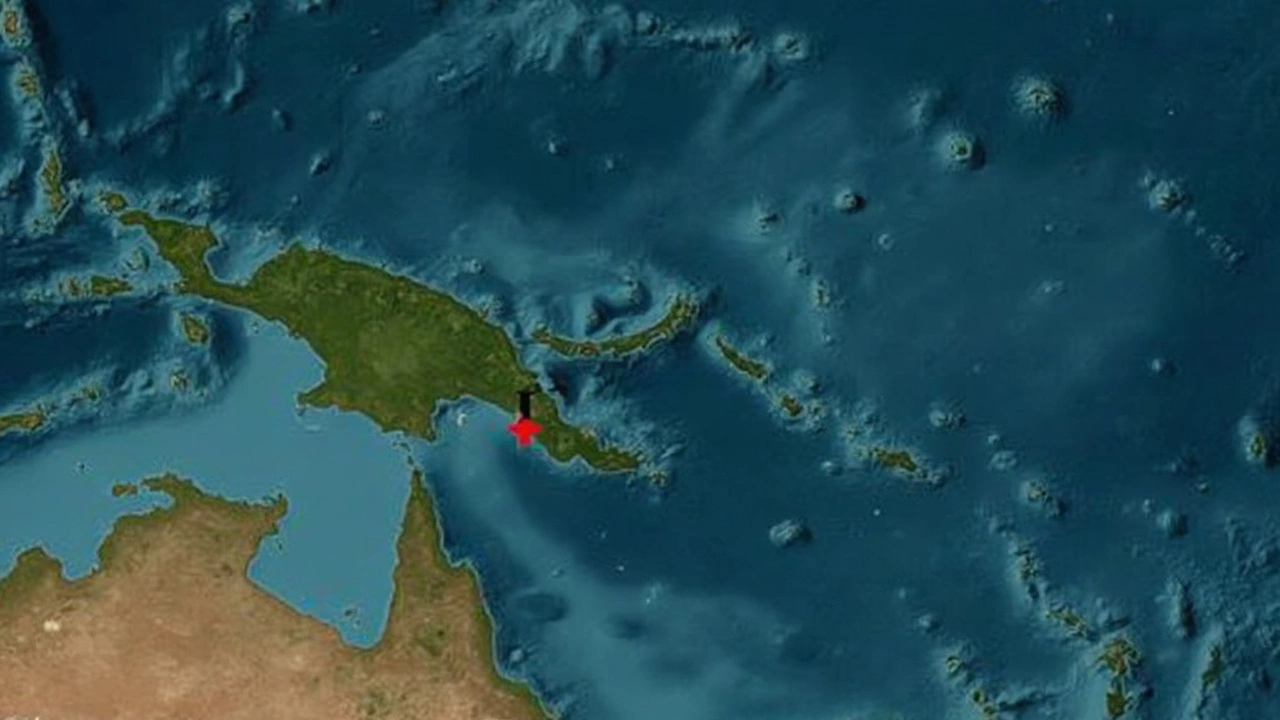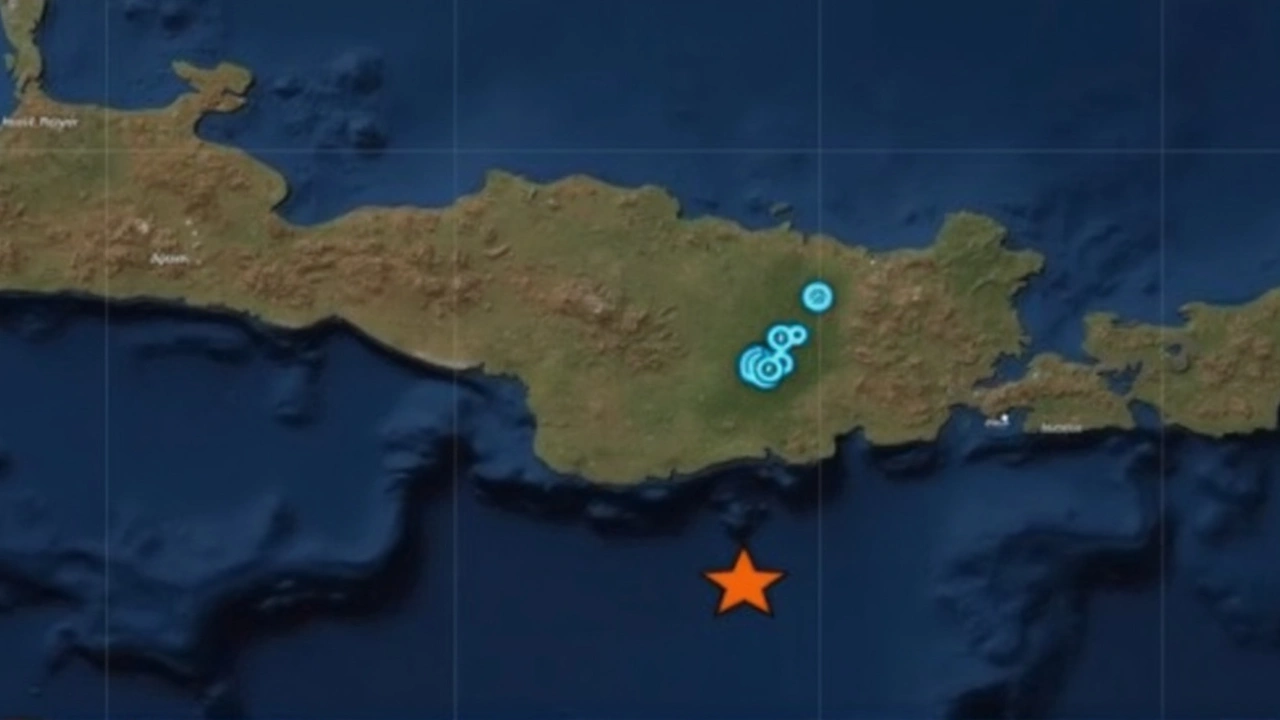Powerful Crete Earthquake Sends Shockwaves Across the Mediterranean
When a major earthquake hit the waters south of Crete in the early hours of May 14, 2025, the tremors didn’t just disrupt life on the Greek island—they rippled hundreds of kilometers away, rattling windows and nerves from Alexandria to Cairo. With magnitude estimates swinging between 6.0 and 6.4, this wasn’t your average quake. It struck deep below the sea floor, somewhere between 83 and 85 kilometers down, with the epicenter pinpointed just south of Crete and roughly 400 to 600 kilometers north of Egypt’s Marsa Matrouh coastline.
People in northern Egypt got an early morning jolt, reporting shaking in cities like Alexandria and Cairo. Social media feeds quickly filled with posts describing swaying chandeliers and rumbles that woke residents from sleep, but fortunately, no casualties or major damage made the headlines there. In Greece, things got tense fast: emergency alert systems blared out a temporary tsunami warning, forcing both locals and curious holidaymakers out of low-lying coastal areas until the danger passed. The memory of past earthquakes, including a 6.3-magnitude one that struck Crete back in 2021, hovered in the air.

Travel Chaos, Safety Alerts, and Seismic Monitoring
The quake was powerful enough to spark flight delays and travel disruptions across the eastern Mediterranean. As a favorite getaway spot, Crete hosts thousands of British tourists each spring and summer, so any major tremor sends ripples through the travel industry. British travelers were advised to pay close attention to local updates and double-check their insurance policies for cancellation coverage—just in case. Interestingly, no official travel advisories had been put in place by UK authorities at the time, so much of the responsibility for safety fell on individuals and local operators.
The warnings didn’t stop at the initial jolt. Egypt’s own National Research Institute of Astronomy and Geophysics (NRIAG) got to work, tracking aftershocks near Marsa Matrouh—registering relatively mild ones at magnitudes of 2.69 and 4.26. Officials mobilized quickly, activating Egypt’s emergency hotline (15322) and reassuring citizens that the quake hadn’t caused losses, but urging everyone to remain on alert. Greek authorities continued monitoring the situation closely, aware that this region is always on edge due to its high volcanic and seismic activity.
For British and other foreign visitors, the incident was a stark reminder that travel to the Mediterranean isn’t just about sun and sea. Nature sometimes throws a curveball. If you've got a trip to the region coming up, it’s a smart move to keep your phone close, monitor official alerts, and know the evacuation routes wherever you’re staying. That’s what gave tourists precious extra minutes during the brief tsunami warning. And with aftershocks remaining a possibility, both locals and holidaymakers would be wise to follow any advice from authorities, stay prepared, and remember that in earthquake country, vigilance isn’t optional.
Seismologists are watching Crete and the wider region closely, given the active geological fault lines that run through the Mediterranean basin. The event near Crete is a reminder that in this part of the world, the ground can shift without warning—but staying informed makes all the difference. This Crete earthquake might not have left destruction in its wake, but it certainly left an impression.
